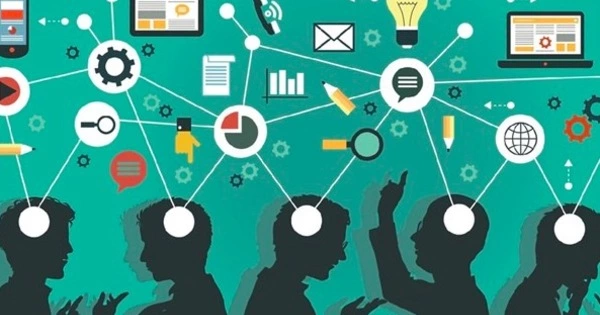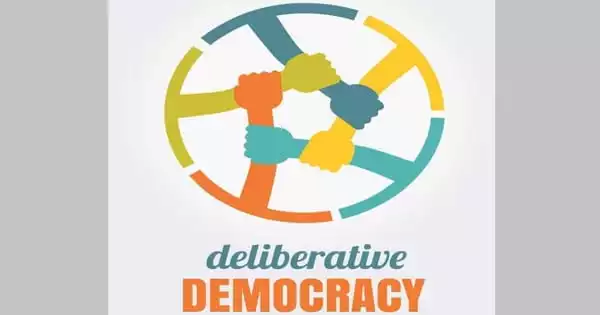The democratization of knowledge refers to the process of making knowledge accessible to everyone, regardless of their background, education, or socioeconomic status. This process involves breaking down barriers that prevent people from accessing information and enabling them to participate in the creation, dissemination, and consumption of knowledge.
The acquisition and dissemination of knowledge among a broader segment of the population, rather than just privileged elites such as clergy and academics, is referred to as the democratization of knowledge. Libraries, particularly public libraries, and modern digital technology such as the Internet play an important role in providing open access to information to the masses.
The internet has played a significant role in the democratization of knowledge, as it has made information more widely available and allowed people to connect and share ideas across geographical and cultural boundaries. Online platforms such as Wikipedia, Coursera, and TED Talks have enabled individuals to access educational resources and learn new skills at little or no cost.
The democratization of knowledge has been enabled by several factors, including the rise of open access publishing, the proliferation of digital technologies, and the increasing availability of educational resources online. These developments have helped to break down traditional barriers to knowledge, such as high publishing costs, limited access to libraries and educational institutions, and restricted distribution channels.
As a result, people from all walks of life can now access information and knowledge on a vast range of topics, from history and science to politics and culture. This has not only empowered individuals by giving them greater control over their own learning and development, but it has also facilitated the sharing of knowledge and ideas across different communities and cultures.
Over the centuries, information dissemination has reached unprecedented heights. The printing press, whose purpose was to disseminate information uniformly among the masses, marked the beginning of this process. In today’s digitized world, the availability of online content outnumbers the availability of information published in books, journals, or any other print format.
Open access publishing has also played a crucial role in the democratization of knowledge, as it has made academic research more accessible to the public. By making research articles freely available online, open access publishing has enabled anyone with an internet connection to access the latest research findings and use them to inform their own work. Overall, the democratization of knowledge has the potential to empower individuals, promote equality, and drive innovation and progress.
However, the democratization of knowledge is not without its challenges. One of the biggest issues is the prevalence of misinformation and fake news, which can spread quickly and easily online. It is important, therefore, that individuals are equipped with the skills and knowledge needed to critically evaluate information and sources to ensure that they are reliable.
Another challenge is the digital divide, which refers to unequal access to technology and the internet across different regions and communities. While the democratization of knowledge has the potential to benefit people all over the world, those who lack access to the necessary infrastructure and resources may be left behind.
















